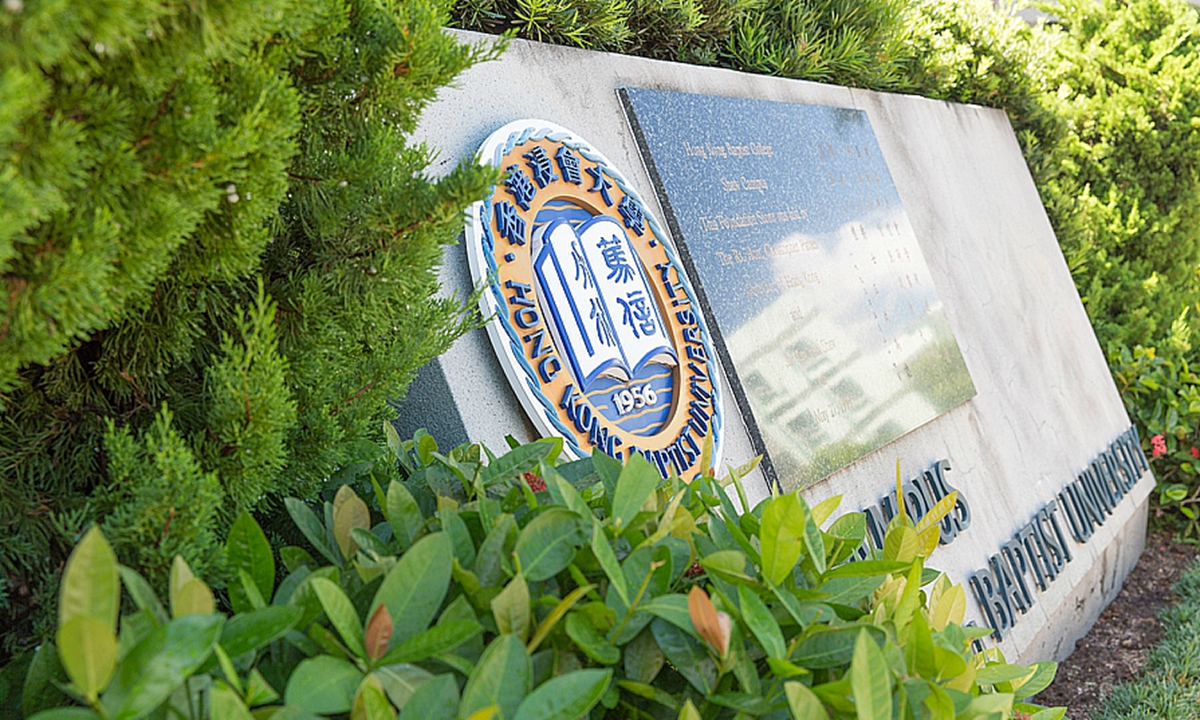
Hong Kong Baptist University (HKBU). Screenshot from official website of HKBU
Hong Kong Baptist University (HKBU) has released details of its mandatory national security course for freshmen starting September, after the university announced the course in July. Similar mandatory lessons will be taught in at least two other Hong Kong universities in the coming semester, which students in Hong Kong found necessary.
In a notice sent to faculty and students on Thursday, HKBU said all freshmen, including overseas students, must take national security education in the form of seminars and talks. The course includes learning about the importance of the national security law for Hong Kong and its main provisions.
According to HKBU, freshmen must attend a two-hour class, complete two hours of reading of assigned materials, and pass a test.
HKBU said the course is non-credit and is required for new students only.
The planned national security education curriculum covers a wide range of topics, including internet, environment, and public health, and is designed to build a more comprehensive understanding of national security for students, rather than focusing only on political and legal issues, said Albert Chau, vice president of the HKBU.
At least three of the 11 universities in Hong Kong have announced that they will include national security as a mandatory course. Hong Kong Polytechnic University and Lingnan University have announced similar courses.
Hang Seng University of Hong Kong is also planning to include national security education lessons for students as an elective, and the lessons are expected to start in January 2022.
A university student surnamed Chen studying in Hong Kong told the Global Times on Thursday that he felt it necessary for the university to include this course.
He said that in the past, some politicians had taken advantage of the loose political traditions of Hong Kong universities to instill extreme political ideas in students. "Setting up such a course can further safeguard students' deep-seated identification with Hong Kong and the country, so that the actions of the secessionists cannot succeed," Chen said.
Experts noted that the previous incident in which members of the University of Hong Kong's student union caused public outrage by publicly mourning the attacker of a police officer is an example of the loopholes in national security education in Hong Kong's universities, calling for further enhancement of patriotic education in universities.

